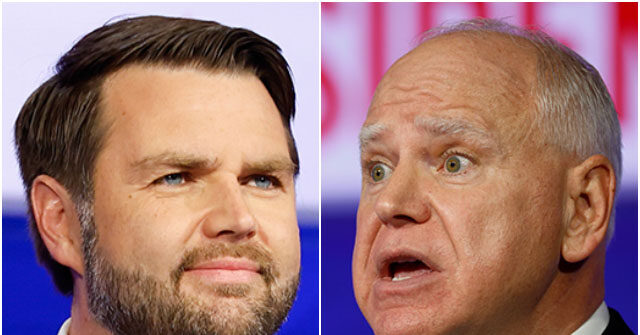Senator JD Vance of Ohio recently took to social media to address the plagiarism allegations surrounding Vice President Kamala Harris and her book, “Smart on Crime.” In a snarky post, Vance compared his own authorship of his memoir, “Hillbilly Elegy,” to Harris’s contentious writing practices, mocking her for reportedly deriving significant portions of her text from Wikipedia and other sources without proper citation. This commentary came in light of a report by conservative journalist Christopher Rufo, which suggested that Harris had indeed copied passages from various sources, a claim that was later validated by The New York Times, although they downplayed the severity of her actions, labeling it as “not serious.”
This ongoing controversy raises deeper concerns about the integrity of authorship and the standards by which public figures are held accountable for their work. Vance’s retort not only highlighted the apparent hypocrisy of Harris’s campaign attacking him for his memoir but also underscored the broader implications of plagiarism in political discourse. Vance’s book has achieved notable success, garnering bestseller status and even being adapted into a Hollywood film, which adds weight to his assertion that authenticity in storytelling is paramount, particularly in the context of political legitimacy and personal narrative.
Moreover, the political landscape has evolved to make an attack on an opponent’s literary work fair game, especially when that opponent throws similar barbs. Governor Walz of Minnesota, for instance, has targeted Vance’s memoir during his campaign, branding it as an exercise in elitism that belittled the very community Vance emerged from. However, Vance defended his narrative as a deeply personal and honest portrayal of his struggles and triumphs, arguing that such back-and-forth attacks only illuminate the weak footing of those who cannot stand behind their own written words.
The public reaction to these allegations and the subsequent exchanges between political opponents serves as a reflection of contemporary political culture, where personal stories play a crucial role in shaping public perception. The divide between authenticity and manipulation of narrative is significant; voters often evaluate candidates not just on policies but also on their life experiences and the stories they share about those experiences. In this context, the scrutiny over Harris’s writing becomes more than just about plagiarism; it speaks to the very foundation of trust and credibility in the political arena.
Prominent media figures and commentators have joined the fray, with some asserting that the scrutiny of Harris’s work is warranted given the political critiques she has leveraged against others. JD Vance’s claims of authorship resonate not just in the realm of literary criticism but extend into the larger narrative of how successful one can emerge from a complex background. As both sides continue to engage in rhetorical battles over their respective narratives, the implications for their political standings become intertwined with the stories they choose to tell about themselves.
In conclusion, the situation surrounding Kamala Harris’s book serves as a reminder of the stakes involved in political narratives and authorship. Both Vance and Harris’s experiences reveal much about the current political climate, where personal stories are dissected publicly, and the authenticity of those stories can significantly affect electoral chances. As this narrative unfolds, it brings to light critical discussions about the nature of authorship, the expectations of public figures, and the role that personal history plays in shaping political identities.

